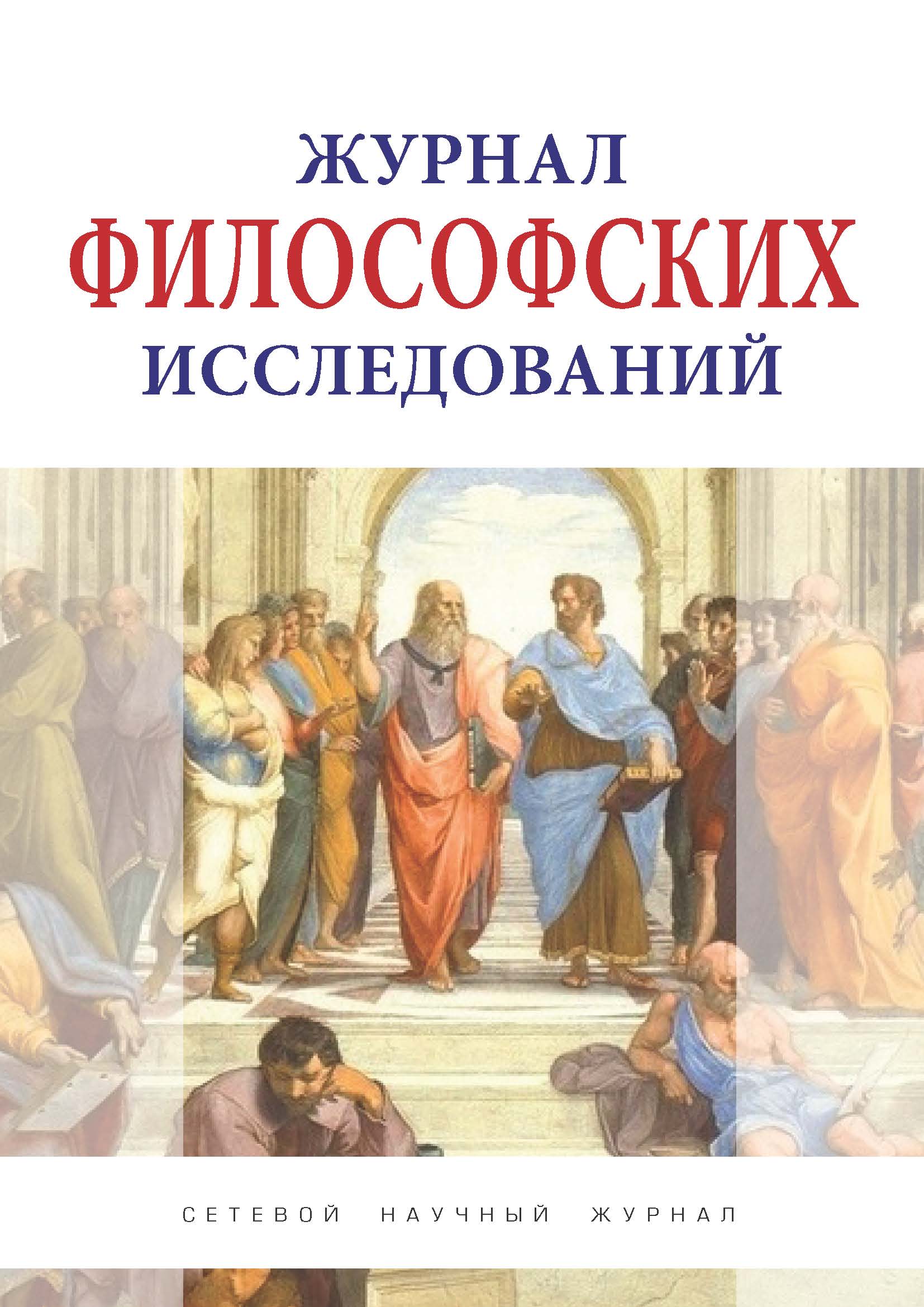Bauman Moscow State Technical University (professor)
Moscow, Russian Federation
The article examines the relationship between philosophical and scientific ontology, their subject and structure. In philosophical ontology, the initial distinction is between two types of reality: objective and subjective. In the structure of objective reality there are two levels of it: the world of possibilities and their material (material) realization. The position is substantiated that the primary and more fundamental level of objective reality is the world of possibilities. The material world is the material realization of a very small part of the set of objective possibilities, which by its power is actually infinite. Ontologically, material reality is primary in relation to subjective reality, since the latter is nothing more than a product of the cognitive function of the human brain. But in epistemological terms, and this is convincingly proved by scientific knowledge, it is the picture of the world created by scientists that determines people's knowledge of material reality. The subjective reality created by scientists has a complex, four-level structure: sensory reality (sensory models of "things in themselves"); empirical reality (abstract objects, their properties, relations and laws); theoretical reality (ideal objects, their properties, relations and laws); metatheoretical reality (fundamental theories and scientific picture of the world). The most definite and precise level of subjective reality is theoretical reality. It determines the content of knowledge about the material world
philosophical ontology, scientific ontology, objective reality, subjective reality
1. Anisov A.M. Sovremennaya logika i ontologiya. V dvuh knigah. Kniga 1. M.: URSS. 2022. -352 s.
2. Nalimov N.N. Razbrasyvayu mysli. V puti i na pereput'e. M.: Progress-Tradiciya. 2000. -344 s.
3. Lebedev S.A. Veroyatnost' i ee interpretacii v sovremennoy nauke//Izvestiya Rossiyskoy akademii obrazovaniya. 2017. № 4. S. 5-28.
4. Kamenev A.S. Sovremennoe estestvoznanie: Ponyatiya, terminy, personalii. M.: Vuzovskaya kniga. 2006. - 716 s.
5. Lebedev S.A. Urovnevaya metodologiya nauki. M.: Prospekt. 2021. -208 s.
6. Lebedev S.A. Filosofiya nauki: pozitivno-dialekticheskaya koncepciya. M.: Prospekt. 2021.- 448 s.
7. Lebedev S.A. Filosofiya i metodologiya nauki. M.: Akademicheskiy proekt. 2021. - 636 s.
8. Lebedev S.A. Filosofiya nauki. Kurs lekciy. M.: Prospekt. 2022. -272 s.
9. Lebedev S.A. Sovremennaya filosofiya nauki. M.: Prospekt. 2023. - 312 s.
10. Lebedev S.A. Nauchnaya deyatel'nost': osnovnye ponyatiya. M.: Prospekt. 2021. - 136 s.
11. Lebedev S.A. Metodologicheskaya kul'tura uchenogo v 2-h tomah. M.: Prospekt. 2021. T.1. -192 s.
12. Lebedev S.A. Metodologicheskaya kul'tura uchenogo v 2-h tomah. M.: Prospekt. 2021. T.2. - 216 s.
13. Lebedev S.A. Filosofiya nauki. Uchebnoe posobie dlya aspirantov. M.: Prospekt. 2022. - 176 s.
14. Lebedev S.A., Aslanov L.A., Borzenkov V.G., Kazaryan V.P., Kudryavcev I.K., Leskov L.V., Lyamin V.S., Mamedov N.M., Scherbakov A.S. Koncepcii sovremennogo estestvoznaniya. M.: Yurayt. 2011.- 358 s.
15. Lebedev S.A. Urovnevaya nauchnaya racional'nost'//Gumanitarnyy vestnik. 2022. № 5. S. 800.
16. Lebedev S.A. Filosofskie razmyshleniya//Zhurnal filosofskih issledovaniy. 2022. № 4. S.
17. Cokolov S. Diskurs radikal'nogo konstruktivizma. Munchen. -343 s.






